T4K3.news
Syria declares ceasefire in Sweida region
The Syrian government announces a comprehensive ceasefire after deadly clashes causing over 700 deaths.
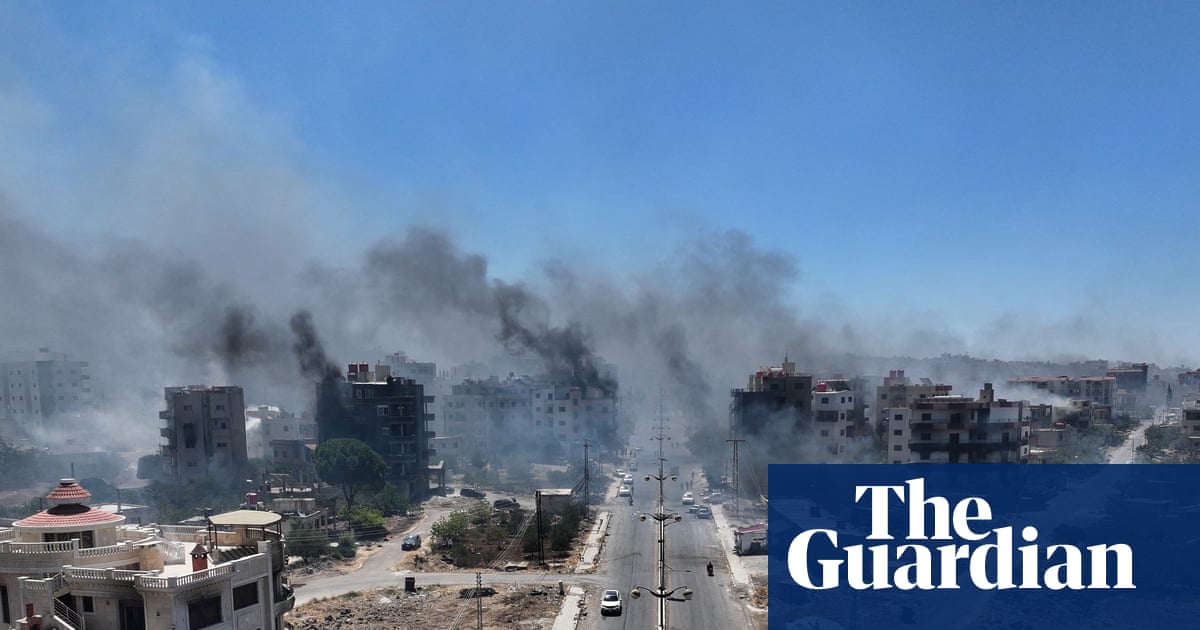
Syria seeks to stabilize Sweida region after a week of deadly clashes.
Syrian government announces ceasefire in Sweida amid ongoing violence
The Syrian presidency declared an immediate ceasefire in the Sweida region following nearly a week of intense fighting that has resulted in the deaths of over 700 people. The conflict, primarily among Druze factions and armed tribes, intensified after a government troop withdrawal amid Israeli bombardment. The president warned that breaches of the ceasefire would violate Syria's sovereignty and called for an end to hostilities. Deployments of internal security forces aim to protect civilians. Humanitarian conditions have sharply declined, prompting calls for the opening of humanitarian corridors and independent investigations into violence by the UN and other organizations. Reports indicate a critical shortage of food and medical supplies, with hospitals overwhelmed due to conflict-related damage and looting.
Key Takeaways
"The humanitarian situation in Sweida is critical. People are running out of everything."
Stephan Sakalian from the ICRC highlights the dire conditions facing civilians.
"We sought to avoid dragging the country into a new, broader war that could derail it from its path to recovery."
Syrian president emphasizes the necessity of the ceasefire to prevent greater conflict.
"The situation in the hospital is disastrous. The corpses have begun to rot, there’s a huge amount of bodies."
A surgeon describes the horrific conditions in hospitals overwhelmed by casualties in Sweida.
"If Damascus ceded security control of Sweida to the Druze, everyone else is going to demand the same thing."
A former official raises concerns about potential demands from other minority groups following the truce.
The ceasefire announcement could be a pivotal moment for the Syrian government. While it aims to restore order, skepticism remains about whether it can truly stabilize Sweida amidst ongoing concerns about the authority and legitimacy of the current administration. With minority groups seeking stronger representation, this could be seen as a frail attempt to maintain unity. The potential for exacerbated tensions between various factions looms large, especially as past interventions by government forces have raised suspicions about their intentions. Diplomatically, the involvement of Israel suggests a complicated geopolitical landscape where local conflicts resonate on larger scales.
Highlights
- A truce cannot heal the wounds of war overnight.
- Humanitarian aid is desperately needed in Sweida.
- Ceasefire or chaos? Only time will tell.
- Minority representation remains a contentious issue.
Potential political instability in Syria
The ceasefire may lead to increased demands for autonomy from minority groups, risking fragmentation. Public reaction could escalate tensions further.
As the situation unfolds, the focus will likely shift to humanitarian needs and political representation for minority groups.
Enjoyed this? Let your friends know!
Related News

Syria declares ceasefire in Sweida after deadly clashes
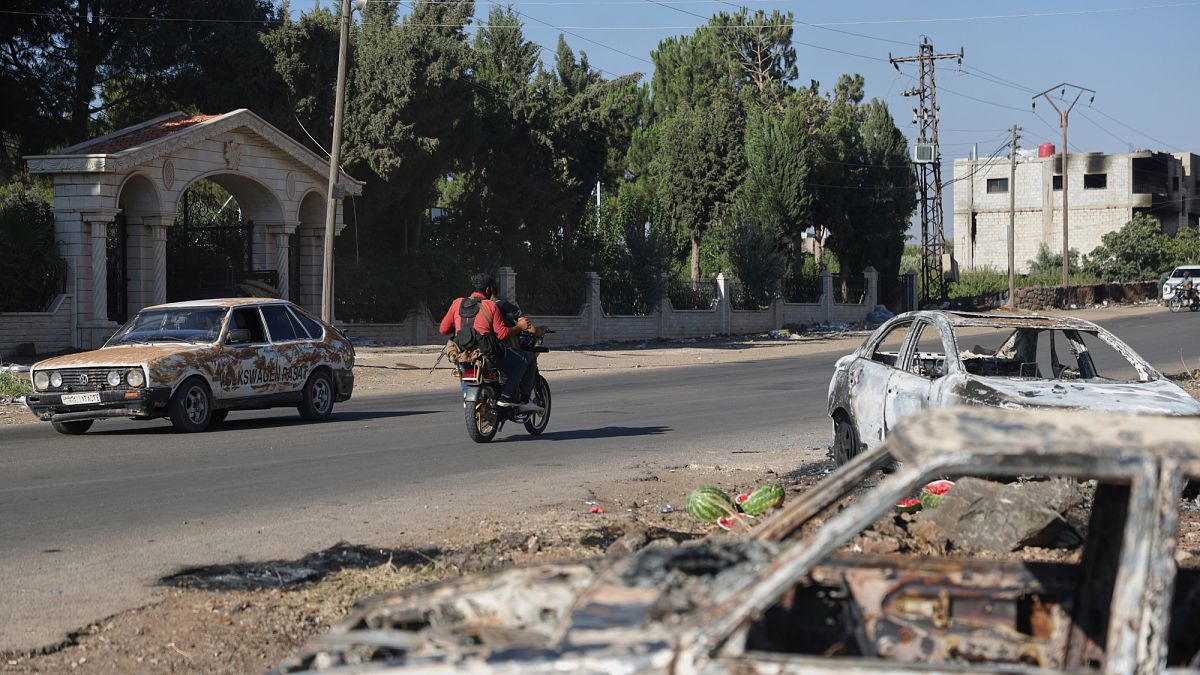
Bedouins withdrawn from Sweida following conflict
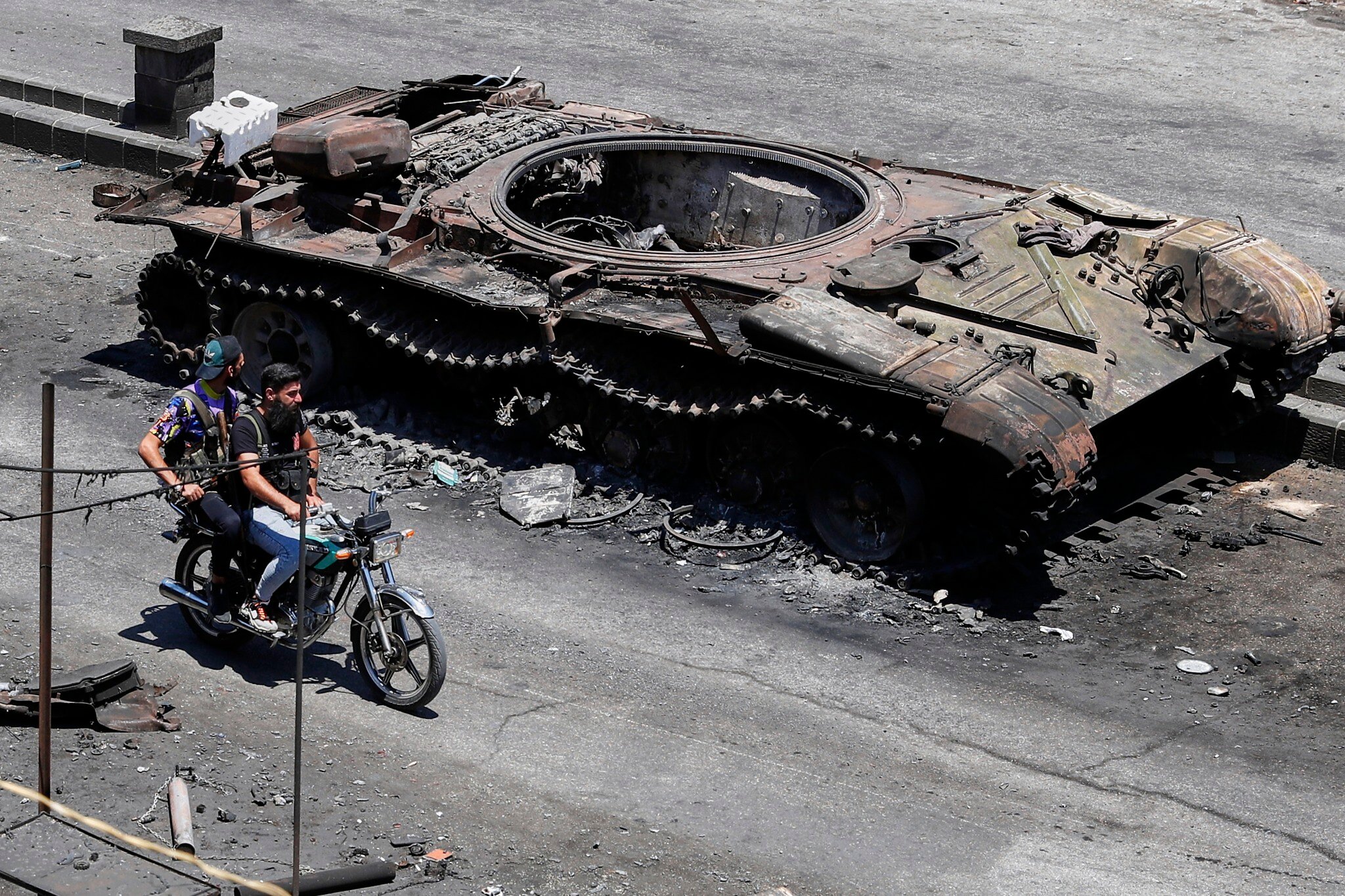
Violence returns to Sweida as clashes erupt

Israel Syria ceasefire agreement confirmed

Druze community re-evaluates loyalty amid Sweida violence
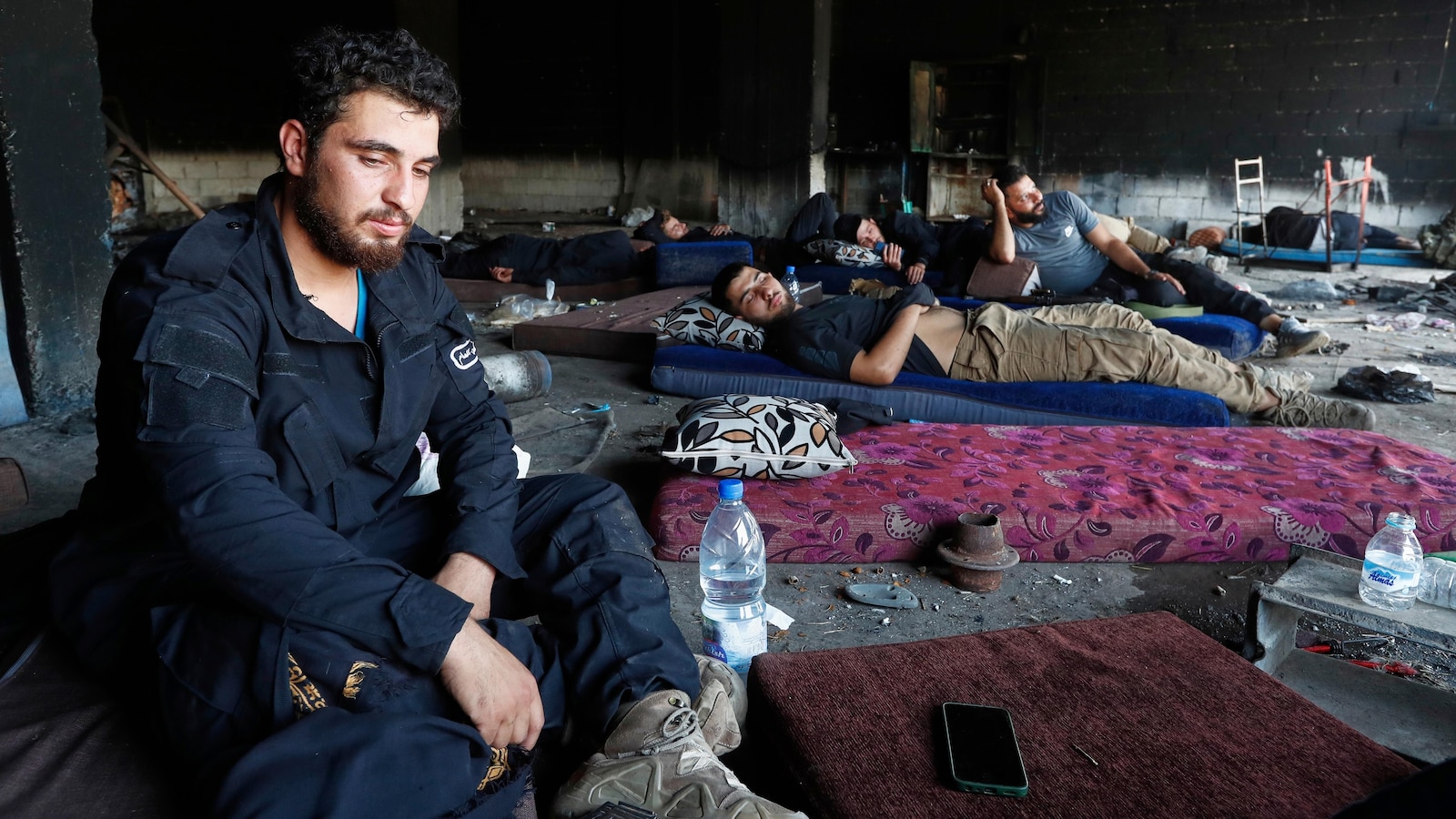
Bedouin clans withdraw from Sweida after deadly clashes
Clashes in Sweida leave over 600 dead
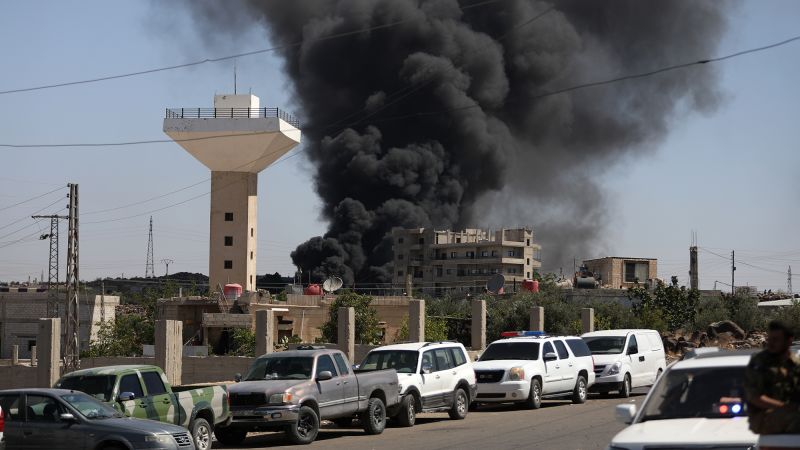
Israel strikes Syrian forces to protect Druze
